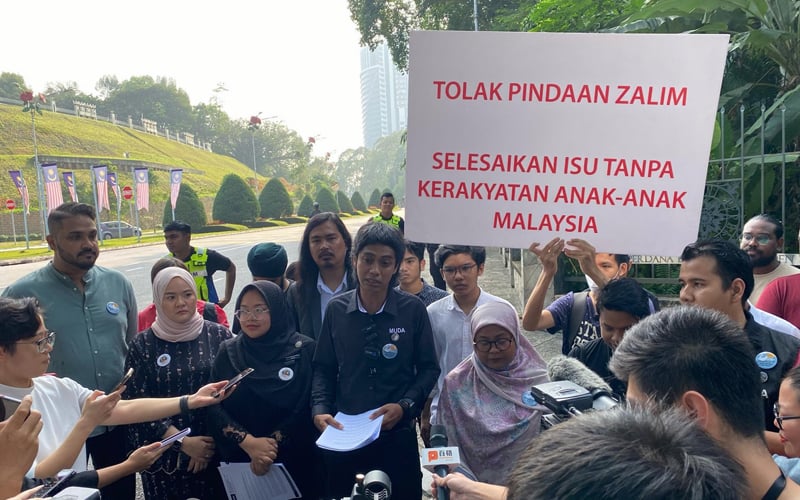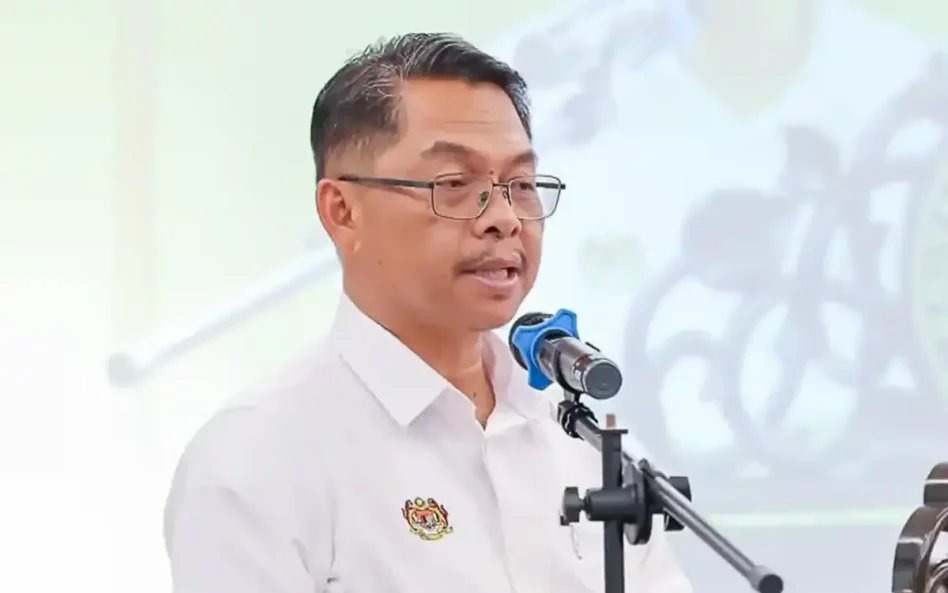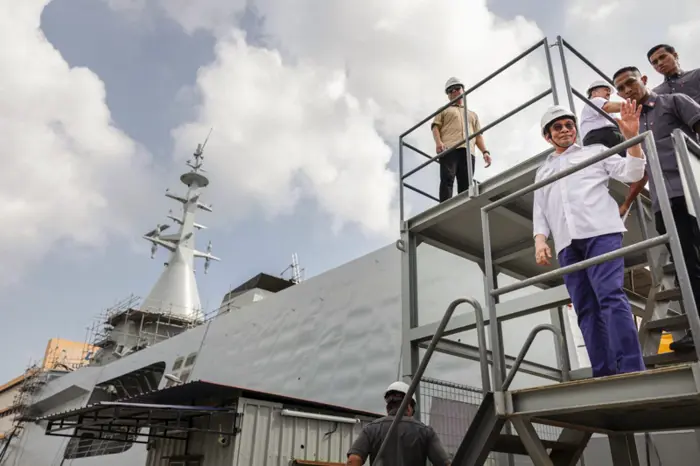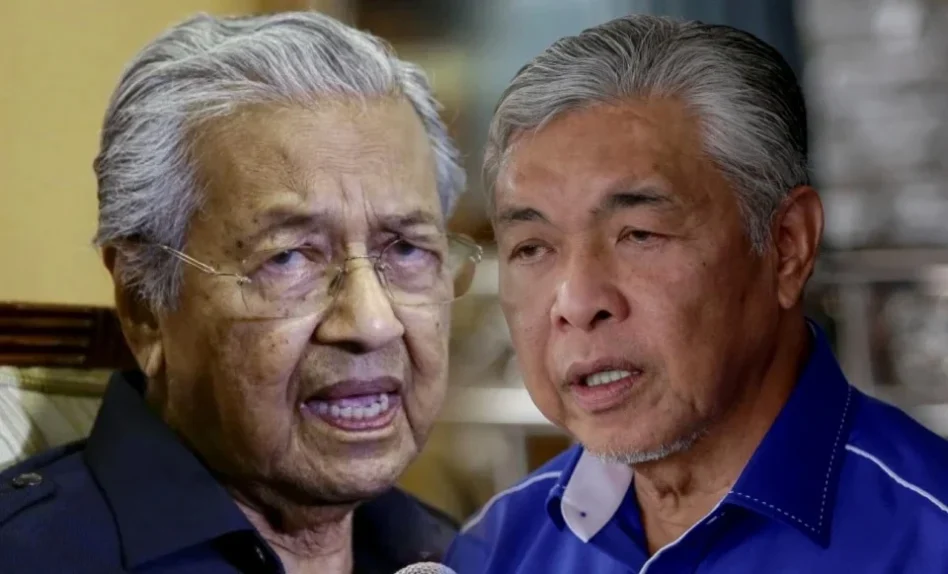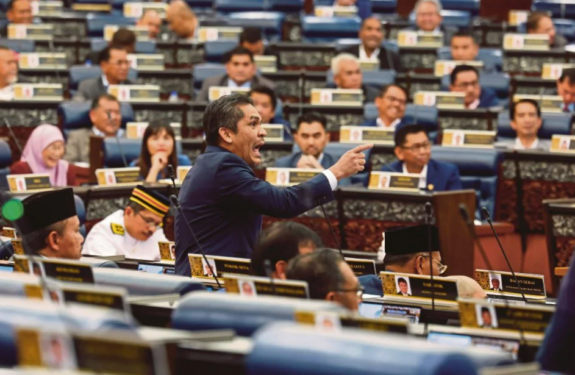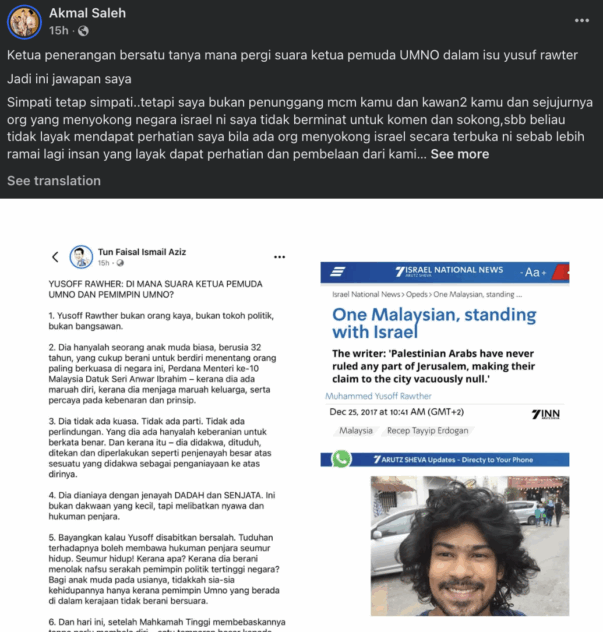MUDA has submitted a memorandum to MPs voicing their strong opposition in a bold move against the government’s proposed amendments to citizenship laws for children born in the country. The amendments have sparked controversy due to concerns over potential human rights violations particularly affecting children who have been denied citizenship thus far.
Acting MUDA president Amira Aisya Abd Aziz expressed deep apprehension about the proposed changes, noting the potential adverse impact on children already facing citizenship difficulties.
“It will be harder for them to gain citizenship because they already face difficulties. We call on all MPs to reject this amendment. Don’t use parents, mothers and children as hostages,” she said.
Moreover, the memorandum was presented to a bipartisan group of MPs, including former MUDA president Syed Saddiq Syed Abdul Rahman, DAP MP Syerleena Abdul Rashid and PAS MP Datuk Seri Shahidan Kassim, signaling a unified stance against the proposed amendments.
The government’s intention to amend the Federal Constitution stems from what it perceives as a loophole being exploited by foreigners.
Home Minister Datuk Seri Saifuddin Nasution Ismail addressing the Dewan Rakyat highlighted instances of foreigners giving birth in Malaysia, abandoning their babies and exploiting Section 19B, Part III of the Second Schedule of the Federal Constitution. This section currently presumes that an abandoned child was born to a Malaysian parent, thereby guaranteeing citizenship.
Saifuddin also pointed out the financial burden on the Health Ministry with foreigners reportedly leaving government hospitals without settling their bills, resulting in significant losses running into hundreds of millions of ringgit annually.
However, MUDA’s objection revolves around the degree of control shifting from a presumed constitutional right to a decision made solely by the sitting home minister.
Furthermore, critics argue that this amendment could disproportionately affect children born to Malaysian parents, particularly indigenous communities such as the Orang Asli and those in Sabah and Sarawak. – March 13, 2024
Main photo credit: FMT


